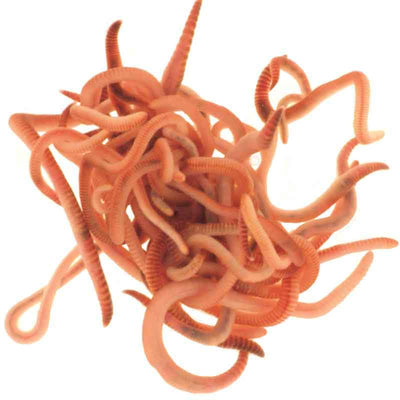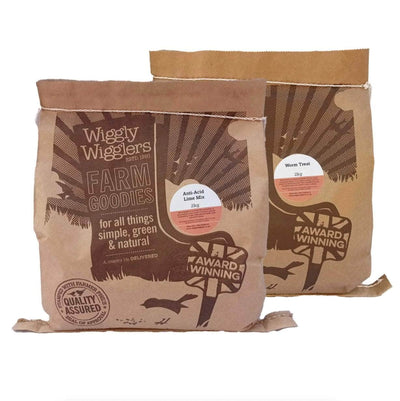For many bird enthusiasts, the sight of feathered visitors enjoying a tasty treat, such as mealworms, is a delight. However, there may be instances where these wriggly morsels go untouched, leaving birdwatchers puzzled. In this blog post, we’ll explore the various reasons why birds might be turning up their beaks at mealworms, shedding light on this avian mystery.
- Seasonal Preferences: Birds, like humans, have seasonal preferences. During certain times of the year, they may favor different types of food to meet their specific nutritional needs. If mealworms are not a natural part of their diet during a particular season, birds might be less inclined to consume them.
- Availability of Natural Food Sources: Birds are opportunistic feeders and tend to choose food based on availability. If the environment provides an abundance of natural sources, such as insects, seeds, or berries, birds may not show much interest in supplementary foods like mealworms.
- Quality of Mealworms: The quality of mealworms can influence bird behaviour. Birds are adept at discerning between fresh, high-quality mealworms and those that may be stale or of lower nutritional value. Ensure that the mealworms you offer are fresh and free from contaminants. Our Wiggly Mealworms are always of the highest quality.
- Unfamiliarity: Birds can be cautious about trying new foods, especially if they are not part of their regular diet. It may take time for them to become accustomed to the presence of mealworms and recognise them as a safe and palatable option.
- Feeder Placement and Design: The location and design of bird feeders can impact bird feeding behaviour. If feeders are placed in an area that makes birds feel vulnerable to predators or if the design is not bird-friendly, it may discourage them from visiting, regardless of the food offered. We have a range of live feeders here.
- Competition with Other Foods: Birds may have a preference for other food items present in the feeder. If mealworms share the space with seeds, suet, or nectar, birds might choose their preferred option over the mealworms.
- Health of Local Bird Population: The health and condition of the local bird population can also play a role. If the birds in your area are generally well-fed and healthy, they may be less motivated to explore alternative food sources like mealworms.
While mealworms are a nutritious and popular choice for many bird species, there are various factors that can influence whether birds decide to partake in the feast. Observing bird behaviour, experimenting with feeder placement, and ensuring the quality of the mealworms offered can contribute to a better understanding of your feathered friends’ preferences. Patience and a bit of trial and error may reveal the key to enticing your local birds to savour these protein-rich treats.






